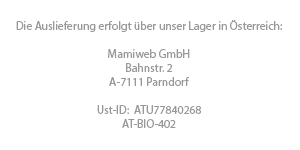
- Effects of Haritaki
- Germs
Germicidal effect of Haritaki
Terminalia Chebula: Germs
Scientific experiments and studies germicidal effect of Haritaki.
In vitro experiments showed that Haritaki exhibited a strong inhibitory effect against Streptococcus mutans. Streptococcus mutans is a gram-positive, facultatively anaerobic bacterium from the viridans streptococcus group.
Antiadherence and antimicrobial property of herbal extracts ( Glycyrrhiza glabra and Terminalia chebula) on Streptococcus mutans: An in vitro experimental study
Journal of Oral and Maxillofacial Pathology Jan-Apr 2019;23(1):73-77. doi: 10.4103/jomfp.JOMFP_103_18.Background: Herbal agents are used for treating different forms of diseases since decades. In the current study, the antiadhesive property of herbal extracts has been evaluated using Glycyrrhiza glabra (GG) and Terminalia chebula (TC) herbal extracts on Streptococcus mutans. Materials and methods: The plant extracts (GG and TC) were powdered in mechanical grinder. Ten gram of each plant extract in powder form was placed in porous bag or thimble. The extract was placed in a round-bottom flask and was transferred into clean preweighed universal tubes. The yield strength of the extract was calculated. The antiadherence property of the herbal extract was evaluated using glass surface adherence test. Statistical analysis: The statistical analysis was done using one-way analysis of variance followed by post hoc Tukey's test. Results: Both herbal extracts have significant antiadhesive and antimicrobial activity against S. mutans, however, high antiadherence property was seen with TC than GG. Conclusion: Both the plant extracts exhibit inhibitory activity against S. mutans. However, TC had more clinically significant results than GG, but it was found statistically insignificant.
[Link to the scientific study]



